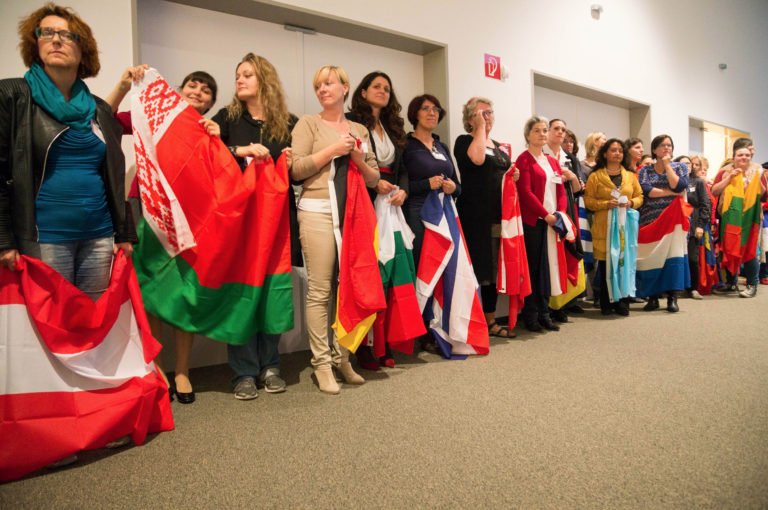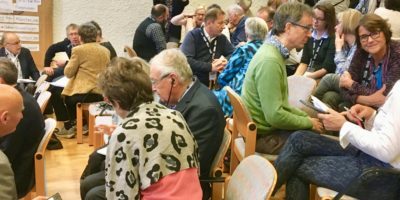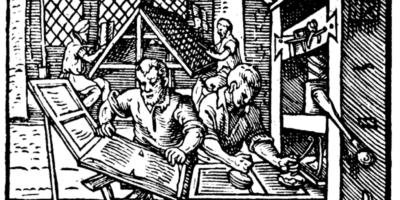Younger women in particular are stepping up to leadership roles in churches and ministries in central and eastern Europe despite traditional attitudes still widely prevalent.
At this year’s Hope For Europe Women in Leadership biennial conference, held a few days ago in Belgrade, Serbia, over eighty women from more than twenty European nations heard reports from across the continent of a great range of vital and innovative ministries spearheaded by women.
While many could tell stories of being denied opportunities for work and ministry because of their gender, these women persevered to find other channels for their giftings. One, for example, was being threatened with being ousted from her own denomination for having translated the book, ‘Why not women?’, by Loren Cunningham and David Hamilton, into a Slavic language.
Meeting in a safe environment with others sharing similar experiences offered affirming encounters. On each day of the four-day conference, opportunity was given for ‘Hope-reports’, short first-hand accounts of ‘seeds of hope’ initiatives.
Seeds of hope
Tatjana from Serbia told of setting up a home for children lacking parental care in Belgrade. Dragica from Slovenia reported about networking marketplace ministries promoting biblical ethics in the northern Balkans. Nicole from Ukraine spoke of her work running ‘Living Hope’ day care centers for disadvantaged and excluded children and families in Odessa. Kristina from Latvia encouraged her listeners to explore the Kairos cross-cultural missions training programme, which is impacting local churches in the Baltics with vision for world missions.
Monika enthusiastically shared about a network called Bridges to the world assisting refugees in her home country of Austria. Sonya, also Austrian, related how young women who had gone through an abortion were being helped through a recovery ministry, SaveOne. Seija from Finland explained the concept of the L10T approach to evangelism through which the gospel is shared as part of everyday life. Gail from Greece revealed her own heart of compassion as she described the plight of the 65% of Greek youth leaving their homeland in search of work, and the refugee ministries the church she founded twenty years ago continues to do.
Maureen told how that the Femmes 2000 movement was started by fellow French women attending the Women In Leadership conference in Frankfurt in 1999–where 9000 German women came for the last day rally. They in turn organised the 2013 WIL event in Strasbourg. The movement continues to convene national gatherings, and is one of numerous signs of renewal in France where a new church is being planted every ten days.
Gordana recalled hearing about Marriage Week for the first time in the WIL conference of 2013 in Strasbourg; she returned home to Serbia to start the movement there, with this year’s Marriage Week engaging some forty churches and stirring widespread interest from secular press. Verena from Austria introduced the work of the Quo Vadis Institute which aims to equip key leaders to apply their faith in diverse vocations in the public square.
Several young delegates from a Middle East country where the church faces persecution expressed how encouraging it was to fellowship with others and to hear from older delegates who had previously suffered under communism. They would be returning home with vision to bring hope to others.
Permanent scars
Conferees participated in prayer walks through Belgrade, encountering the ancient city’s Roman roots and later Ottoman occupation. The city had witnessed 150 wars through the centuries, leaving permanent physical and spiritual scars.
This year’s event marked 25 years of Women In Leadership events which were initiated in 1992 by Elisabeth Mittelstaedt, the founder and then editor of Lydia Magazine, a German-language Christian publication. Soon after the collapse of communism and the disintegration of the Soviet Union, Elisabeth called forty women from both east and west Europe together in Linz, Austria, where they decided to hold regular events to encourage women to exercise their God-given giftings wherever they were for the spread of God’s kingdom.
The network was invited to join the emerging umbrella of networks called Hope For Europe, and has continued to be one of the most active and consistent networks under that umbrella. Conferences have been held every two or three years, in Poland, Hungary, Germany, Czech Republic, Croatia, Slovakia, France, and Serbia.
Due to personal circumstances, Elisabeth had withdrawn from leadership after the turn of the millennium, when my wife Romkje took over the network chairmanship.
After a long absence, Elisabeth was present at the recent conference where she was both a keynote speaker at the last day rally joined by 250 Balkan women, and also honoured for her role in initiating the WlL network.
She was greatly encouraged to see the strength and diversity of emerging ministries led by women, especially younger women, since her first initiative 25 years ago.
Till next week,



